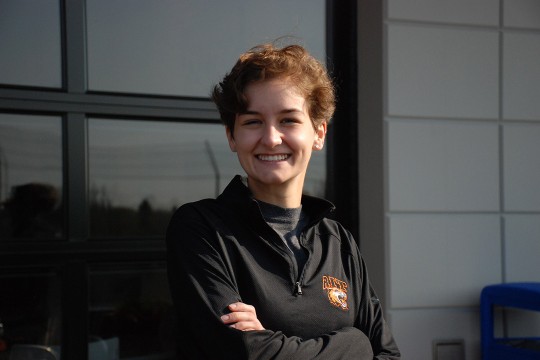
Kristoffer Whitney
Associate Professor
Kristoffer Whitney
Associate Professor
Education
BS, Rochester Institute of Technology; Ph.D., University of Pennsylvania
Bio
Ph.D. History and Sociology of Science, University of Pennsylvania
M.A. History and Sociology of Science, University of Pennsylvania
Post Doctoral Fellow, Holtz Center for Science and Technology Studies, University of Wisconsin-Madison
Associate-at-Large, Center for Culture, History, & Environment, Nelson Institute, University of Wisconsin-Madison
Winner of the 2016 David Edge Prize for the best article in the area of Science and Technology studies by the Society for Social Studies of Science (4S)
Select Scholarship
National Science Foundation
Amount: $120,152
Currently Teaching
In the News
-
October 28, 2024

Turning tides for endotoxin testing
Chemical and Engineering News speaks to Kristoffer Whitney, associate professor in the Department of Science, Technology, and Society, about the changing landscape of endotoxin testing in the pharmaceutical industry, highlighting the potential shift away from using horseshoe crab blood toward animal-free alternatives due to new regulatory acceptance.
-
August 8, 2024

RIT student Jolie Crunelle awarded Norman Miles academic excellence honors
The award is given to an individual who began their studies as a first-year student at RIT and is entering their final year of undergraduate study with the highest grade point average across the university.
-
March 27, 2024

A Changing Climate
Tracking the Planet podcast speaks to Kristoffer Whitney, associate professor in the Department of Science, Technology, and Society, about animal movement based on climactic conditions and the health of ecosystems.
-
February 5, 2025
Whitney awarded grant for manuscript on biomedical use of horseshoe crabs
-
April 2, 2024
Faculty members publish in environmental journal
-
February 27, 2023
Whitney receives grant funding
-
March 31, 2022
Whitney publishes article on wildlife tracking








